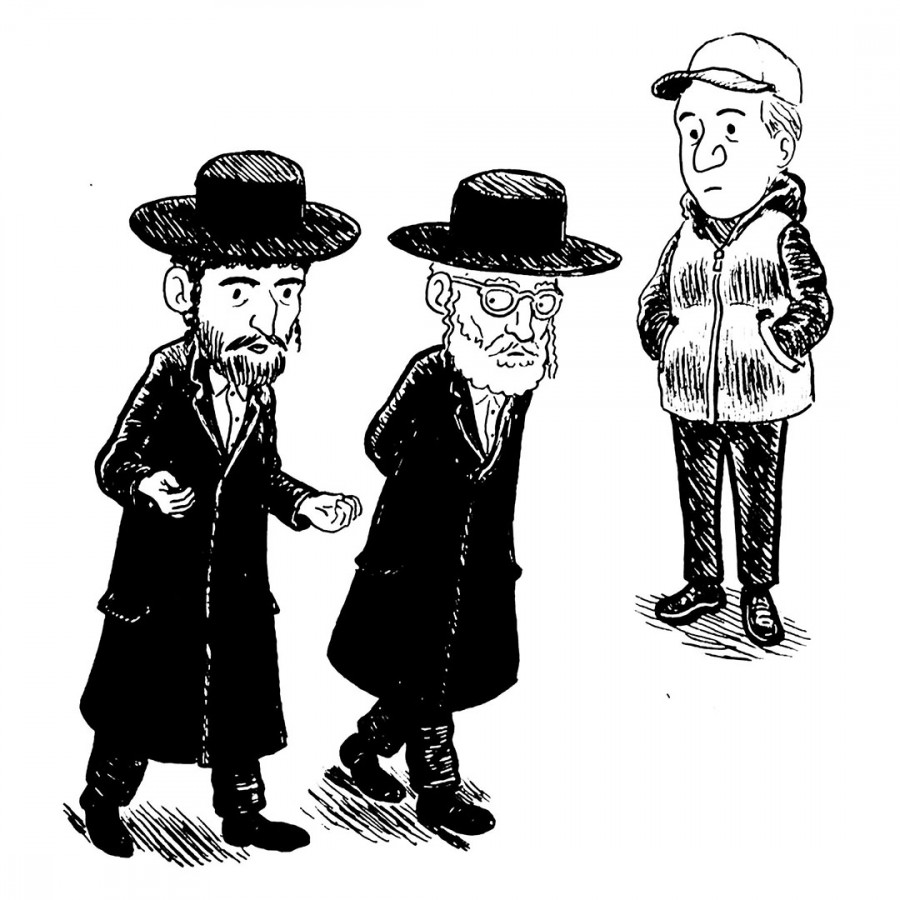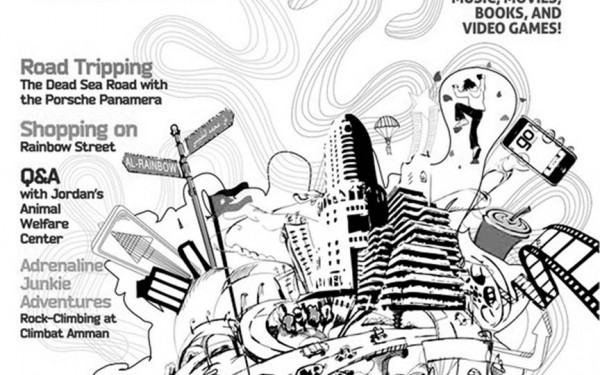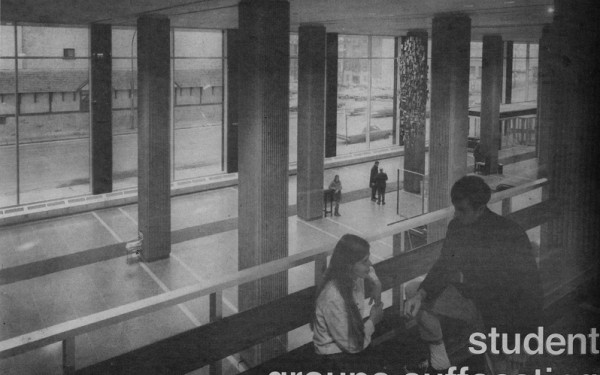Democratizing Xenophobia in Outremont
Last week, the borough of Outremont voted to ban the construction of new houses of worship along commercial thoroughfare Bernard Ave.
In the referendum—which passed 1561 to 1202—residents voluntarily curtailed religious liberty in their borough.
In 1999, the city implemented a similar ban on Van Horne Ave. Houses of worship are also already limited on the borough’s residential streets. In September 2016, a house of worship ban passed on Laurier Ave.
All this is to say that last Sunday, Outremont effectively placed an embargo on worship.
According to City of Montreal data from 2011, roughly one fifth of the borough’s population is Jewish. By several accounts, it has grown to a quarter since then. Another 45 per cent of the people in Outremont are Catholic. No other religious denomination occupies the borough in any significant way. Almost 25 per cent of residents identified as having no religious affiliation; the remaining 10 per cent represent 13 other denominations.
This referendum effectively amounted to a spat between Catholics and Jews, one that Catholics were happy to win from their cavernous, 46,000 square foot cathedral on Laurier Ave., while their Jewish neighbours had to stuff their growing families into synagogues that now can’t legally expand to accommodate them. That, or trudge through the snow, sleet and freezing cold to access the remote corners of the borough where new synagogues can still be built.
It’s lunacy. And, as far as I’m concerned, it’s unconstitutional.
In the 2013 Canada v. Bedford case, the Supreme Court decided that three Canadian prostitution laws didn’t withstand Charter guarantees. Among them was the provision that forbade “living on the avails of prostitution.” It was deemed to violate section seven of the Charter’s “right to life, liberty and security of the person and the right not to be deprived thereof except in accordance with the principles of fundamental justice.”
The Supreme Court ruled it overbroad—saying it could unfairly incriminate any accountant, assistant, or bodyguard employed by a sex worker. To adapt a law to popular sentiment, the Court performed legal gymnastics.
I’m no constitutional lawyer, but the leap from “the right to life, liberty and security of the person” to “the right to live on the avails of prostitution” seems more stretched than the jump from “the right to freedom of religion” to “the right to a decent, comfortable, appropriate place to worship.”
On its website, the borough of Outremont says that the zoning change intends to create “winning conditions that would favour the frequenting of three commercial streets, Laurier, Bernard and Van Horne Aves.”
Nancy K Murdock, Outremont resident and head of online efforts for the “Votez Oui” campaign, said in an email that her team “voted yes because [they] believe that a 10,000 [square foot] synagogue on Bernard Ave., together with the potential increase in new places of worship on the avenue, might be a tipping point toward non-secular activity that could threaten the long-term, future commercial viability of Bernard merchants.”
The voted-upon regulation was introduced last year after the borough issued a permit for a synagogue on Bernard Ave.
But Ted Rutland, professor of geography, planning, and environment at Concordia University, says that he’s shocked that this justification is even being entertained.
“Business owners say they want [Bernard Ave.] to be open to everyone and so they don’t want these synagogues that are only for Jewish people,” he said over the phone from his Concordia office. “But all these expensive cafes and theatres and restaurants on Bernard are full of white, middle-class people. If you can’t afford them, or you don’t want to be the only [outlier] in the room, they’re exclusionary to you.”
“The first zoning laws ever enacted in North America were to keep African-Americans out of white southern neighbourhoods,” Rutland said. “From the beginning, zoning was invented to serve racist purposes. It isn’t always racist, of course, but it can certainly be wielded that way.”
In the absence of any sort of substantiated proof that it’ll harm business, the ban just seems like an excuse to expel “others.”
I’ll level with the “yes” voters for a second. I know that ultra-Orthodox Jews seem almost confusingly different from mainstream society. Seeing them travel home from service on a swampy July morning, dressed in thick black clothing to prove modesty to God, you might feel a John Oliverian urge to drop some common sense.
But now in particular is the wrong time to resent a group for being unusual. Hillary Clinton just lost the U.S. presidency to Donald Trump. In the immediate aftermath, a rash of hate crimes broke out across the States. At the National Policy Institute annual conference last week, alt-right leader Richard B. Spencer greeted the 200-person crowd saying “Hail Trump, hail our people, hail victory” while audience members flashed Nazi salutes. Now, as close by as Ottawa, a man was just arrested for allegedly spray-painting swastikas on Jewish sites.
It is impossible to remove last week’s ban from the current political climate. Even though the city was forced to put it to a vote—367 people signed a public registry in September, the critical mass for prompting a referendum in the neighbourhood near Bernard Ave.—the proposition itself was discriminatory. The city was irresponsible for considering it and the vote just gave it an insidious semblance of democratic fairness. Majority rule beat out rule of law, legitimizing xenophobia and importing to Montreal the backlash to P.C. culture, which often comes in the form of gross ethical violations.
Correction: An earlier version of this article stated that the borough of Outremont voted to ban the construction of new houses of worship along Bernard and Laurier Aves. In fact, it was only Bernard Ave., whereas Laurier Ave. has had a ban on places of worship since September 2016. Also, the earlier version did not mention that the city was forced to put the ban on Bernard Ave. to a vote because 367 people signed a public registry in September, which is enough to prompt a referendum in the neighbourhood near Bernard Ave. The Link regrets the errors.





__600_375_90_s_c1.jpg)
